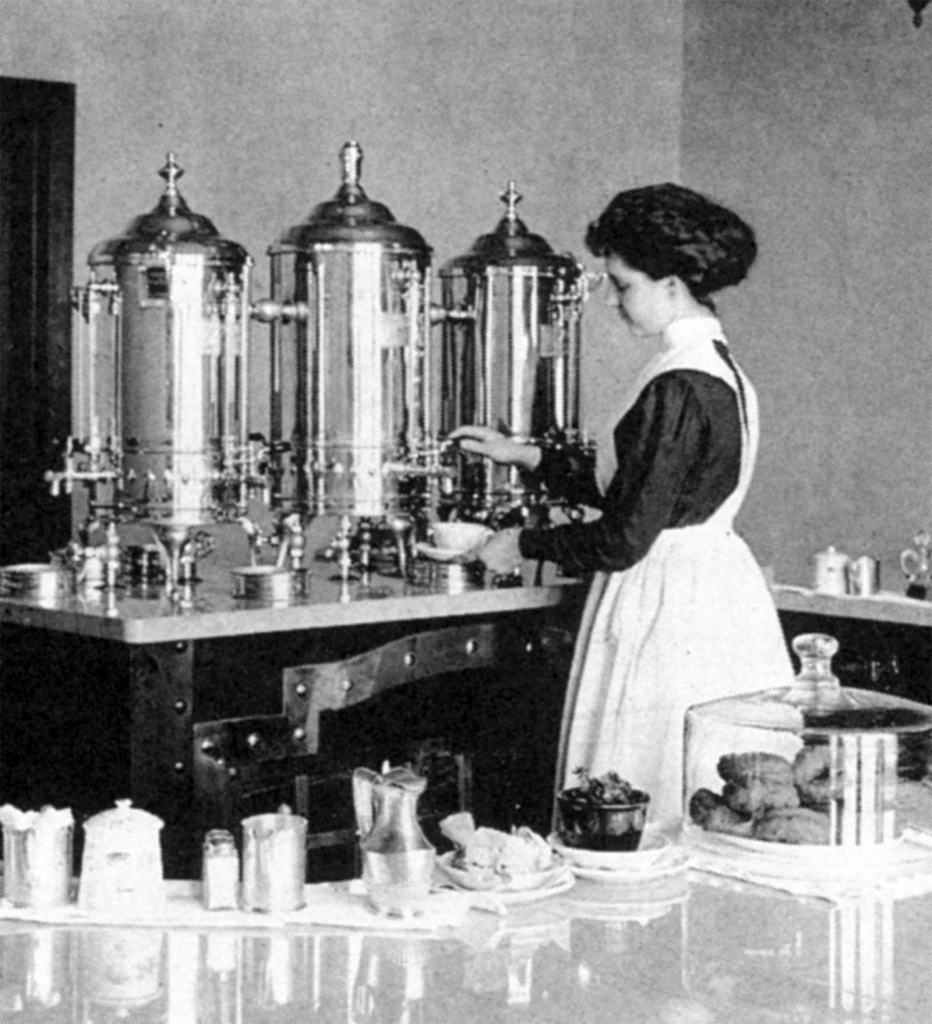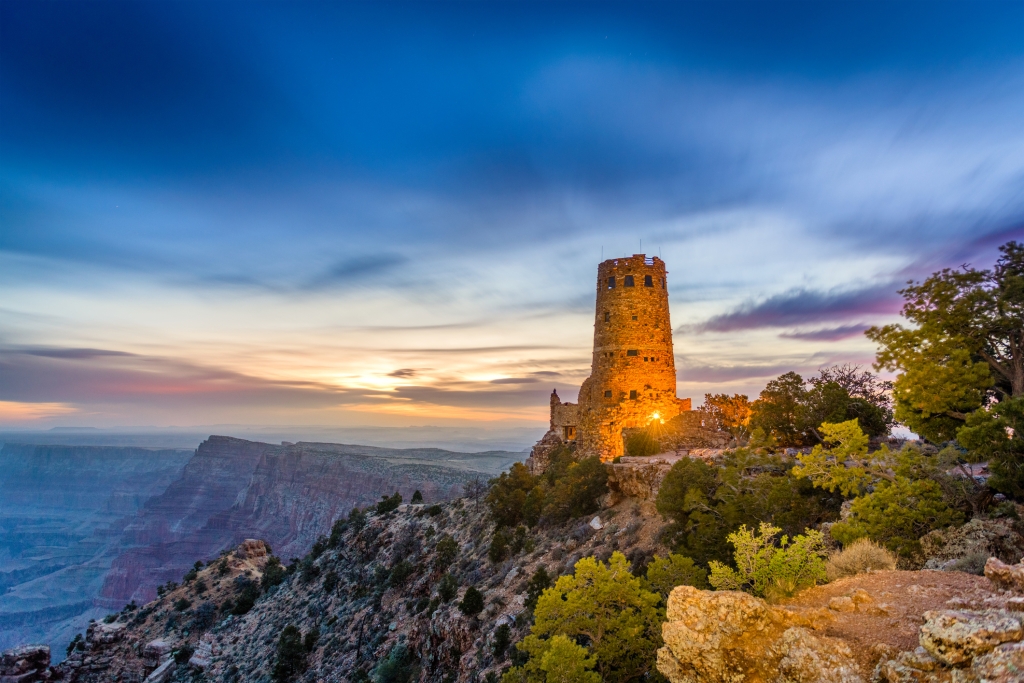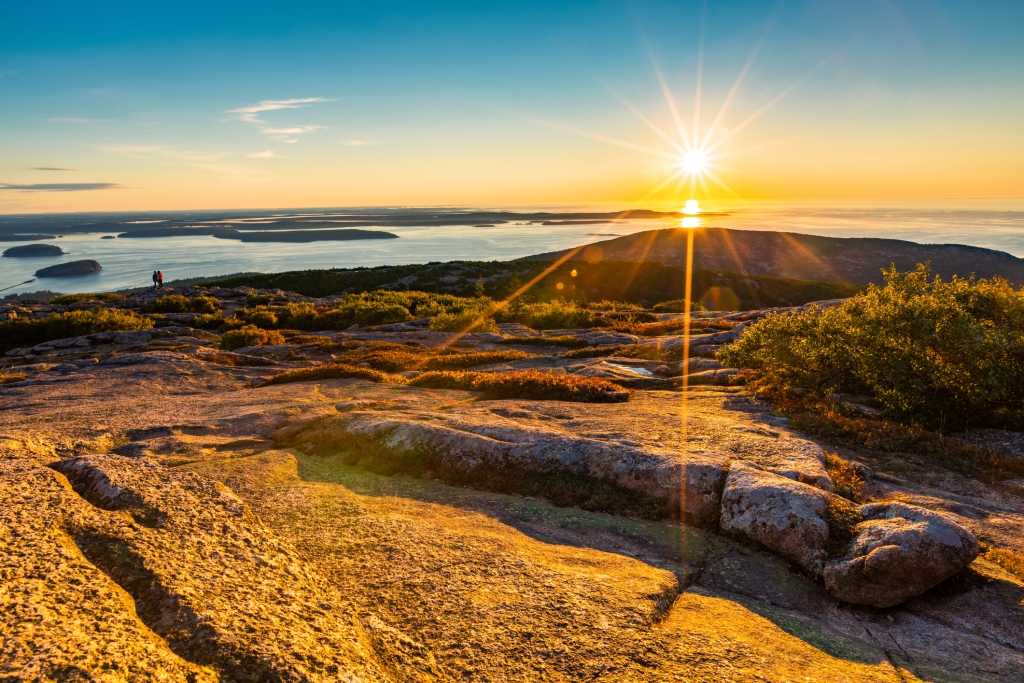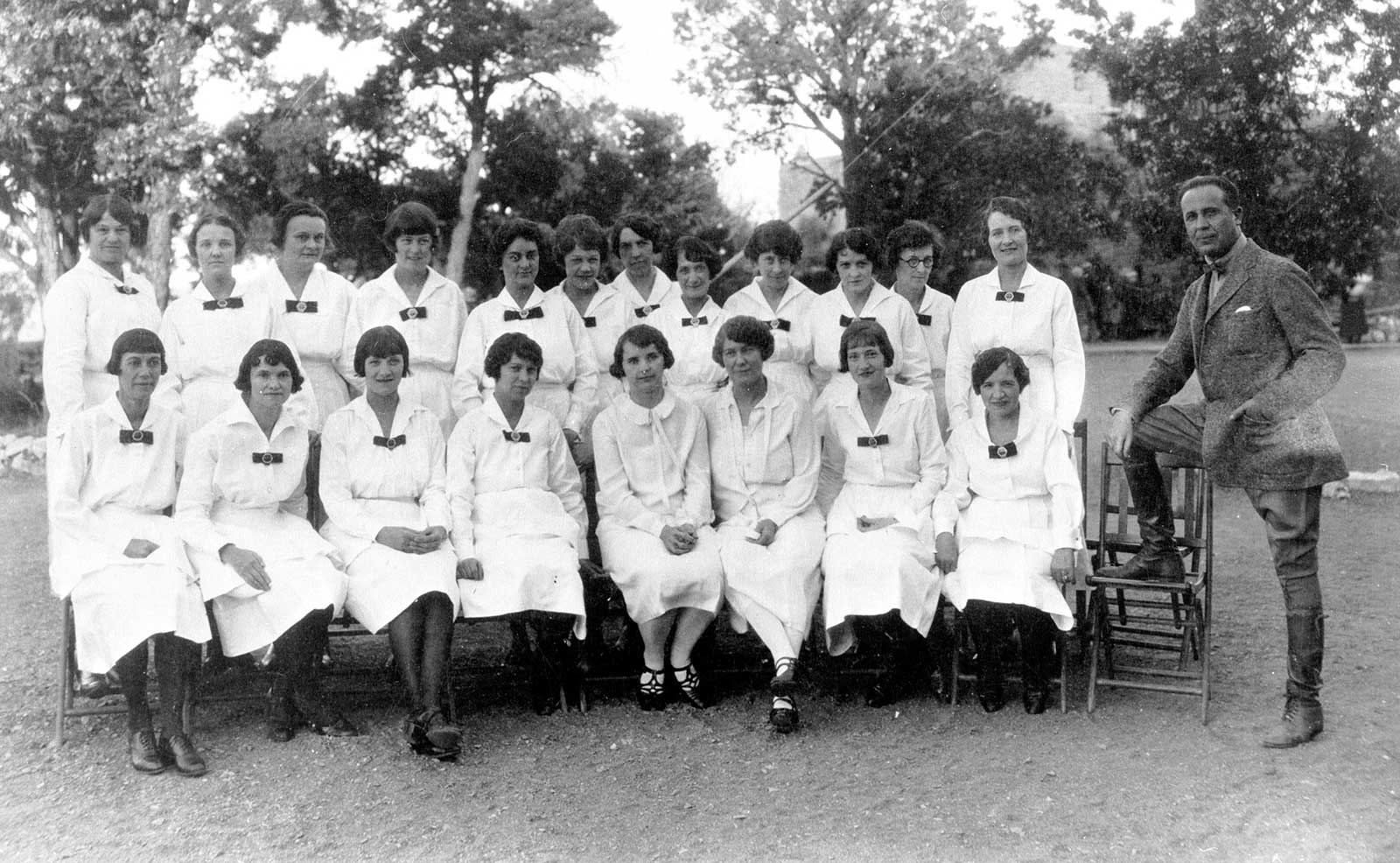The Most Famous Women in National Parks History—And Why They’re an Inspiration to the Rest of Us
Do you long to have an adventure in one of our country’s National Parks, but have no one to do it with? Or are you eager to travel on your own, looking to feel inspired in the specific kind of way a solo trip provides? Whatever your reason for venturing out on your own, our national parks are filled with opportunities for solo travelers—and these trailblazing women who played a key role in the history of the parks may just inspire your next trip.

The Harvey Girls: The Wild West’s Original Waitresses
When the west was still wild, a freight agent named Fred Harvey would travel by train and find himself underwhelmed by the dining options. It was before the era of dining cars, after all, and finding a good meal at the roadhouses near railroad stations was a challenge. So, the entrepreneur recognized a business opportunity: He struck a deal with the Atchison, Topeka & Santa Fe Railway to open depot restaurants along its rail lines. In 1891, Harvey had 15 “Harvey House” restaurants—though arguably even more popular than the food was the pleasant, efficient service provided by “The Harvey Girls.”
These women—true pioneers in the sense that they left home on their own to work outside the home, which is something few women did at the time—answered newspaper ads placed by Fred Harvey, who was reported to believe that hiring women to work in his restaurants would “bring down the testosterone” level that he’d experienced at other restaurants along train lines. The ads stated that Harvey was looking for women who were single, between the ages of 18 and 30, and had to be attractive, well-mannered, and of good moral character. Between the 1880s and 1960s, hundreds of thousands of women worked for the Harvey House restaurants, helping to make travel throughout the mostly unsettled West a lot more enjoyable.
Embrace the Harvey Girls’ adventurous spirit by … booking a solo adventure in The Grand Canyon. Travel to the park via the historic Grand Canyon Railway, where the train depot and hotel in Williams, AZ was a Harvey House in 1908. Once you’re in the park, stay at the El Tovar Hotel, in the heart of the must-see Grand Canyon Historic Village, which opened as a Harvey House in 1905. To really get a sense of the park’s natural beauty, take a guided mule ride along the South Rim, where the park’s experienced (and always colorful!) wranglers will give you insights into the Grand Canyon’s geology, cultural history, and more.

Mary Elizabeth Jane Colter: The Grand Canyon’s Architect
As chief architect and decorator for the Fred Harvey Company from 1902 to 1948, Mary Elizabeth Jane Colter was a true renegade for her time. She bucked the traditional norms that should’ve inspired her to be a homemaker near her Pennsylvania hometown and instead, Colter traveled west to create some of the most iconic and famous structures in Grand Canyon National Park. Colter’s work was inspired by the breathtaking surroundings rather than popular trends of the time, and her creative, free-form style of buildings inspired by the landscape served as part of the basis of the developing artistic aesthetic for the rest of the National Parks. But Colter, a perfectionist with a strong vision, didn’t have it easy; it’s been reported that she spent a lifetime advocating for herself and defending her aesthetic vision in a largely male-dominated field. Still, her reputation as an impeccable architect grew and her creative use of natural materials and ability to mimic nature in her structures served as the basis for later work—and the architectural term we now call “rustic.”
Marvel at Mary Elizabeth Jane Colter’s architectural genius by visiting Hermit’s Rest, Bright Angel Lodge & Cabins, and Hopi House, all structures thoughtfully designed by Colter. On your way out of the park, stop to shop at the Hopi House—a structure Colter designed in 1905 after consulting indigenous artists on décor. Cap off your trip with a few nights at Bright Angel Lodge & Cabins, where Colter put a halt to the construction of the fireplace in 1935 until geologists confirmed its composition mirrored the layered rocks throughout the Grand Canyon. Originally a hotel, then a camp, and finally a lodge, this rustic spot serves as an iconic remembrance of its colorful past.

Florence Bascom: The National Parks’ First Female Geologist
In the early 1900s, most young girls were encouraged to learn how to be a homemaker so they could find a husband and start a family of their own. Yet Florence Bascom’s parents were different. Her father was a philosophy professor and her mother was an activist in the suffrage movement, and they encouraged their daughter to pursue science. Sure enough, after earning several degrees at the University of Wisconsin and Johns Hopkins University, Bascom became a geologist. She studied the rocks of the Piedmont region of Maryland and Pennsylvania, and in 1919, she became the first professional female geologist to survey Mount Desert Island—widely known as the home of Acadia National park. “When any woman manifests an interest in the science [of geology] I am always glad to tell her of its possibilities and she makes her own choice,” wrote Bascom. “Not only must a girl have the mental aptitude for scientific research, but also physical strength and great physical courage. Then too she must be strong in the conviction that it is the work she really wants to do.”
Walk in Florence Bascom’s footsteps … on a Country Walkers tour along Maine’s wild coastline. You’ll have an opportunity to drink in the breathtaking views from the summit of Cadillac Mountain and hike along the rugged coastline past the roiling Thunder Hole, a natural rock inlet where waves crash with a thunderous boom. While walking at your own pace along the highest ocean-edge cliffs in Acadia National Park, you’ll gain a deeper understanding of the region’s dramatic glacial history thanks to veteran wilderness guides, who’ll help you see the breathtaking landscape just like Bascom did more than 100 years ago.


